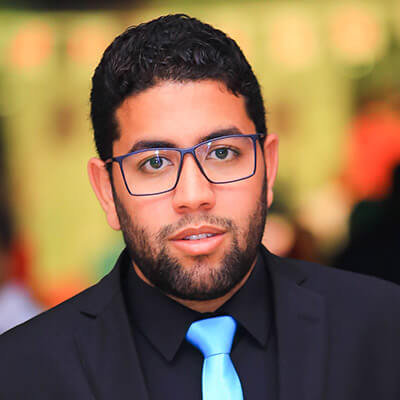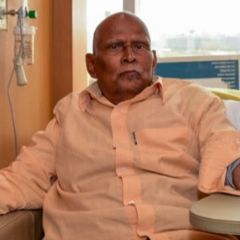"Best Oncologist in Delhi Dr. Sajjan Rajpurohit is one of the best cancer doctors I've ever had. He has always been there when I needed him, whether helping me with my diagnosis or just giving me regular checkups. I'm very pleased with his services and would highly recommend him to any of my friends."

CAR-T Cell Therapy
(CAR) stands for chimeric antigen receptor. CAR T cells therapy activates a person's immune system to fight cancer. The unique treatment is a type of immunotherapy called engineered cell therapy or effector cell therapy. Immunotherapy is still new but it works for adults and children for whom other treatments have stopped working.
The T cell is the central component of the immune system. In CAR T cell therapy, the doctor collects T cells from the patient's blood, then takes them to the laboratory and researches the T cells and tries to destroy any cells found to be effective against cancer.
The modified cells are then injected back into the patient's body. If the test is successful, the newly modified T cells will help a person's immune system kill the cancer cells, thereby curing the disease.
Advantages of CAR-T cell therapy
One of the major advantages of CAR-T-cell therapy is the shorter recovery time required - with a single infusion that has been incorrectly observed for a maximum of two weeks and is true. Is. Why invasion chemotherapy is not used, patients with advanced stem cell transplantation have a more rapid recovery than those with aggressive chemotherapy. At some point in the future, care T-cell therapy may replace most types of transplants, but at the present time, care T-cell therapy is approved to treat patients who are or have been patients after transplantation. Rest.
Clinical trials in blood cancer have shown that even patients who came back after zinc cancer was undergoing C-cell therapy to help with those years of contagion. Some people can live a long time without their cancer getting worse, and in some cases, a stem cell transplant is a way to go.
T-cell therapy is also a "living claim" and its benefits can last for years. Selective cells can remain in stock for long periods of time, so they can recognize and attack cancer cells as and when a recurrence occurs. DETA is still evolving, but after 15 months, 42% of diametrical lymphoma patients who received T-cell therapy were still infectious when given seed 19. And two-thirds of childhood acute lymphoblastic leukemia patients were still in remission months later. These are the patients whose reason was assumed to be overwhelming and whose lies thwarted any standard of perception.
Side effects of CAR-T therapy
The most common side effect of CAR-T therapy is said to be the effect of Cytokine release syndrome. Also known as "Cytokine Storm". About 70-90% of karate patients experience it, but it usually lasts only 5 to 7 days. Appropriate patients treat it in the form of severe cases of fruit. This causes high fever, chills, and strain pain. It usually starts around the 2nd or 3rd day after the infusion. This happens because T cells proliferate and attack cancer, triggering an immune response in the body. There is a very effective remedy called Sears Lie Sirizumib. This undoes side effects much faster in the right patient. The drug was originally used to treat rheumatoid arthritis but was subsequently approved by the Khadi Ivan Drug Administration (Effadi) in the United States.
The second hostility is known as "Cilice". This means "see T cell-related encephalopathy syndrome." It usually begins 5 days after infusion. Patients are confused and drowsy, sometimes not speaking at all for several days. SERIES can be annoying to patients and their families, but it is usually completely reversible.
For more information about CAR-T cell therapy book an appointment with the best medical oncologist in Delhi, India Dr. Sajjan Rajpurohit call +91-9871280511 or email us.

About Dr. Sajjan Rajpurohit
Dr. Sajjan Rajpurohit has been a practicing physician for the past 22 years. He is a qualified MBBS with MD in Medicine and DNB in Medical Oncology and currently he is Director of Medical Oncology at BLK Super Speciality Hospital.





